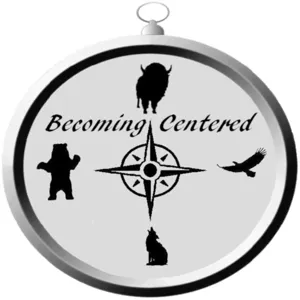33. Groups

Effective residential treatment for troubled children and youth depends upon teamwork among both staff and residents. The goal is to transform a group of struggling kids into a supportive team. Many kids in these programs crave friendship, which is often lacking due to their life challenges and the displacement of residential treatment. A major goal in treatment programs is to help the child and youth clients learn how to make and keep friends.
Residential treatment does a lot of that teaching through various group activities, including recreational, therapy-based, and house meetings. These gatherings require active participation from staff, beyond just facilitating. Staff members play roles like maintaining order, offering support to individual kids, and helping resolve conflicts. They also assist in therapeutic activities, like group explanations, where kids take responsibility for their actions and receive feedback.
In recreational activities, staff involvement goes beyond observation. They engage as cheerleaders, referees, coaches, or announcers, aiming to boost kids' confidence and social skills. The concept of "therapeutic error" guides staff to adapt their participation level to the kids' abilities, fostering a positive experience for them.
In therapy-based groups, staff provide support and modeling, helping kids manage their emotions and engage in the therapeutic process. While therapists lead these sessions, staff contribute by creating a supportive environment and assisting kids in staying focused. The most effective groups combine the role of the therapist in uncovering emotional pain with the role of the counselor in helping clients tolerate that pain.
Overall, effective residential treatment relies on staff members actively engaging in various group settings, contributing to the therapeutic process, and fostering a sense of teamwork and support among the residents. Staff involvement goes beyond facilitation; it involves actively participating in activities, providing support, and guiding kids towards positive interactions and growth.
